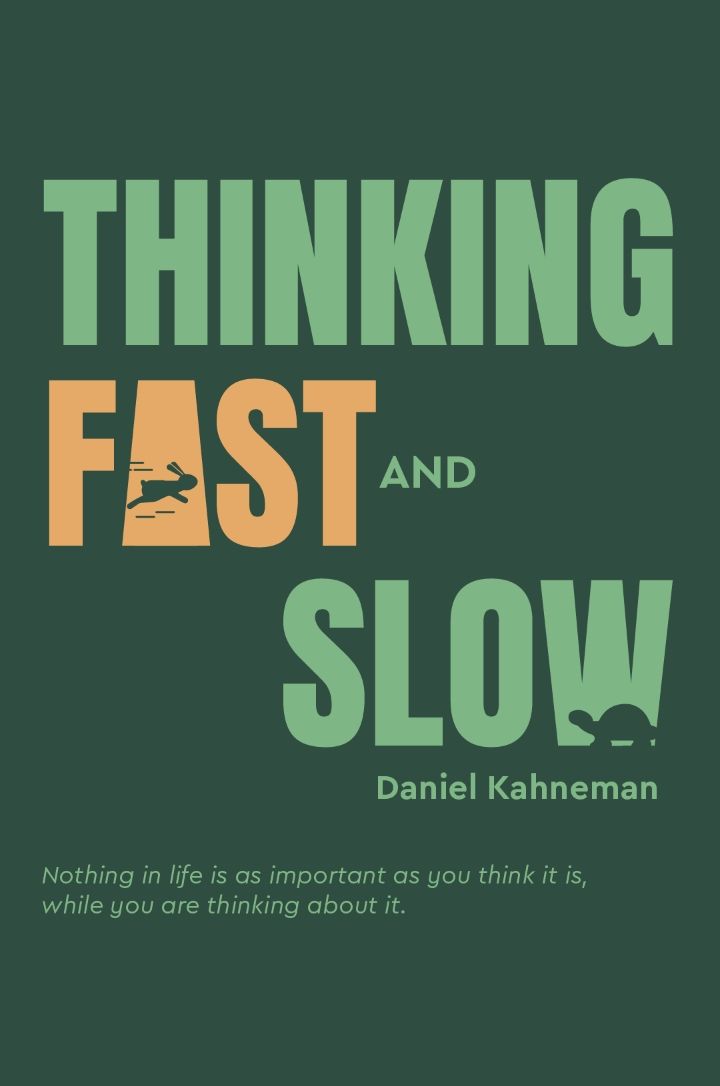Audio available in app
Hindsight bias distorts our memory of past events from "summary" of Thinking, Fast and Slow by Daniel Kahneman
Hindsight bias distorts the way we remember past events. When we look back on a situation, we tend to believe that we knew all along how things would turn out. This creates a sense of inevitability that changes our memory of what actually happened. We forget the uncertainty and confusion we experienced at the time, and instead convince ourselves that we accurately predicted the outcome. This bias can have significant implications for decision-making. When we misremember our past decisions as being more predictable than they actually were, we become overconfident in our abilities. This can lead us to make risky choices based on faulty assumptions about our own foresight. In reality, we may have simply been lucky in the past, but hindsight bias makes us believe that we possess more knowledge and skill than we actually do. Hindsight bias is closely related to the concept of cognitive ease. When we look back on a situation, our minds automatically smooth out the rough edges and simplify the narrative. This makes the past seem more orderly and predictable than it actually was. We edit out the doubts and uncertainties that we experienced in the moment, creating a false sense of clarity and coherence in our memories. In order to combat hindsight bias, we need to actively challenge our assumptions about past events. Instead of accepting our memories at face value, we should strive to remember the complexity and confusion that we actually experienced. By acknowledging the uncertainty of the past, we can avoid falling into the trap of overconfidence and make more informed decisions in the future.- Hindsight bias distorts our memory of past events by creating a sense of inevitability and overconfidence. By recognizing this bias and actively challenging our assumptions, we can gain a more realistic understanding of our own decision-making processes and avoid making the same mistakes in the future.
Similar Posts

Loss aversion impacts risk perception
Loss aversion is a powerful psychological phenomenon that influences the way we perceive risks. People tend to weigh potential ...
Emphasizing the importance of designing choices for better outcomes
The key idea here is that the way choices are designed can have a major impact on the outcomes that result. In other words, sma...
People tend to overvalue what they already have
When people have something in their possession, they tend to place a higher value on it than they would if they didn't own it. ...
Intimacy: building connections with others
Intimacy is about more than just physical closeness; it's about building connections with others on a deeper level. It involves...
Social comparison impacts spending habits
Social comparison plays a significant role in influencing an individual's spending habits. People often look to others to gauge...

Detecting hidden agendas
Hidden agendas are the secret motivations and intentions that people have, which they do not openly reveal. These hidden agenda...
Reframe questions
To enhance your critical thinking skills, it is important to learn how to reframe questions. Reframing questions involves looki...

Strategic asset allocation is a longterm approach based on investor goals
Strategic asset allocation involves determining the right mix of asset classes for your investment portfolio based on your long...
Seja paciente e persistente
Being patient and persistent is a key concept when it comes to manifesting your desires through the Law of Attraction. It is es...
The brain is capable of incredible feats
Joshua Foer explores the remarkable abilities of the brain in "Moonwalking with Einstein." The brain is not limited by fixed ca...


